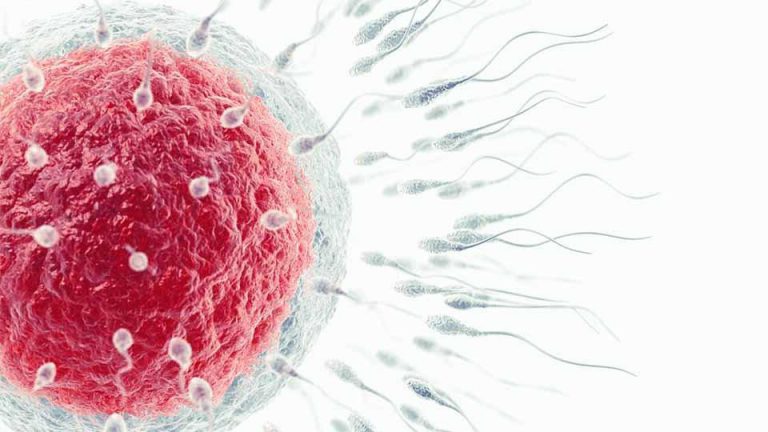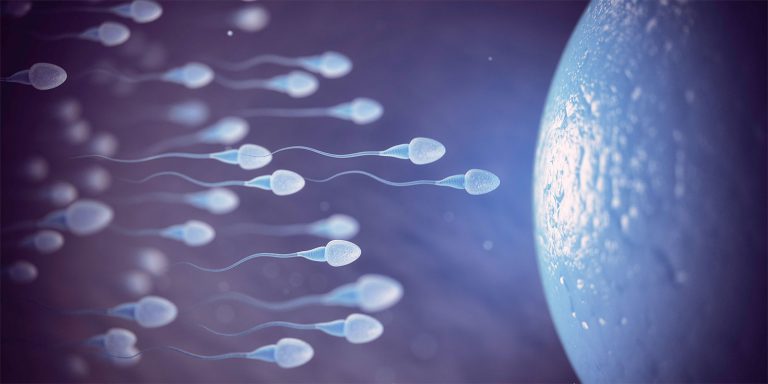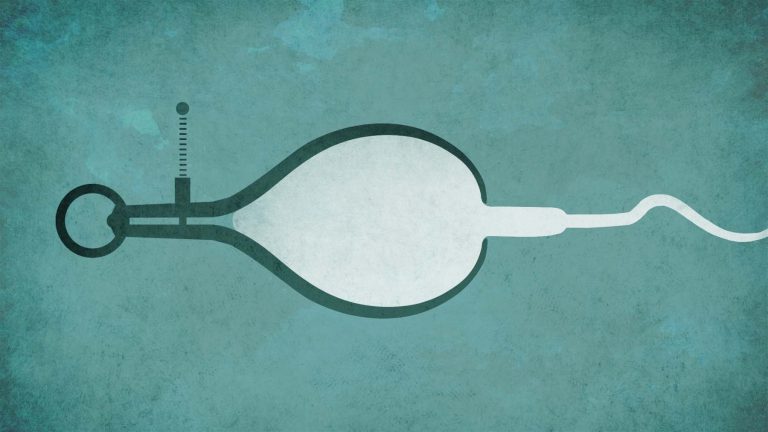(Part One of a Two Part Series on the Consequences of Cancer Treatment)
Chemotherapy is the term used for a highly toxic set of chemical treatments for individuals with cancer. It is widely dreaded due to its severe short-term side effects and long-term hazards. The effects of chemotherapy on the genome and epigenome are an area of intense debate. This review aims to summarize findings suggesting that footprints of chemotherapy are left in survivor methylomes.
Poison Prescriptions
It all started with a familiar battlefield weapon from World War I – mustard gas. In the 1940s nitrogen mustards proved to be effective cancer-controlling agents for those with lymphoma. Since then, a host of chemicals have been developed to accomplish similar feats in cancers as diverse as leukemia and melanoma. If a chemical weapon can serve as chemotherapy than it is not surprising that the common feature amongst most cancer drugs is toxicity. For patients undergoing these therapeutic regimens, the side effects are grizzly and range from nausea to organ damage. Fortunately, the field is advancing towards the goal of personalized targeted therapies that minimize discomfort.
Genetic Consequences of Chemotherapy
Given that many chemotherapeutic agents kill cancer cells by generating mutations, concern has been expressed over the health of offspring conceived from a father after chemotherapy. Surprisingly, a recent study of testicular cancer survivors having received mutagenic chemotherapy found no elevated mutation rates in their offspring. The scientists performed whole genome sequencing of parents and offspring that they conceived pre- and post-chemotherapy. This is reassuring in that it shows that the genetic effects of chemotherapy do not extend beyond the patient to their children. Nonetheless, as studies continue to suggest that sperm DNA is damaged in the course of chemotherapy, this remains a controversial question.
Sperm Methylation Post-Chemotherapy
The fact that offspring do not acquire heavy mutation burdens from fathers treated for cancer leaves the question open as to whether they can inherit other non-genetic changes. Studies of rat sperm indicate that chromatin architecture and gene expression changes result from certain types of chemotherapy. But what about the human methylome? Some modes of chemotherapy are more likely to affect methylation profiles than others. For example, a unique class of drugs termed demethylating agents are used to treat leukemia. These compounds are specifically designed to kill cells via epigenetic disruption and end up producing widespread loss of methylation. Due to the indiscriminate nature of this type of therapy, normal cells are likely to undergo demethylation just as cancerous ones are. Aside from epigenetically-oriented therapies, conventional cytotoxic chemotherapy has been associated with methylation changes in the blood as well. In fact, clear differences in methylation have even been observed in the sperm of testicular cancer survivors. Future studies of the sperm epigenome after chemotherapy may provide a better understanding of the long-term sequelae of chemotherapy.







